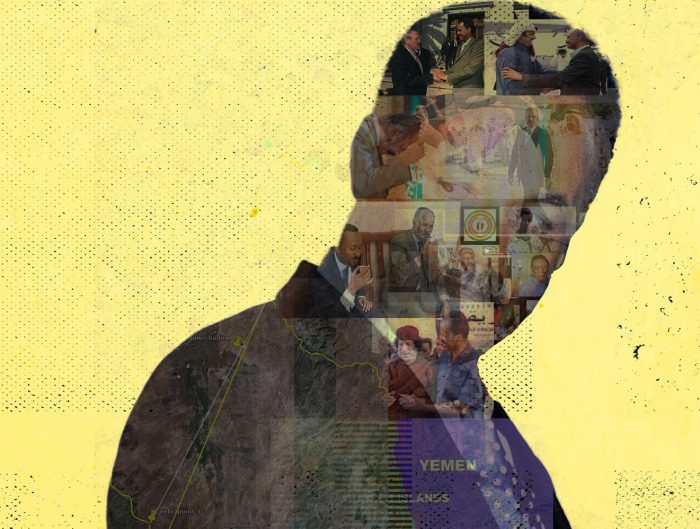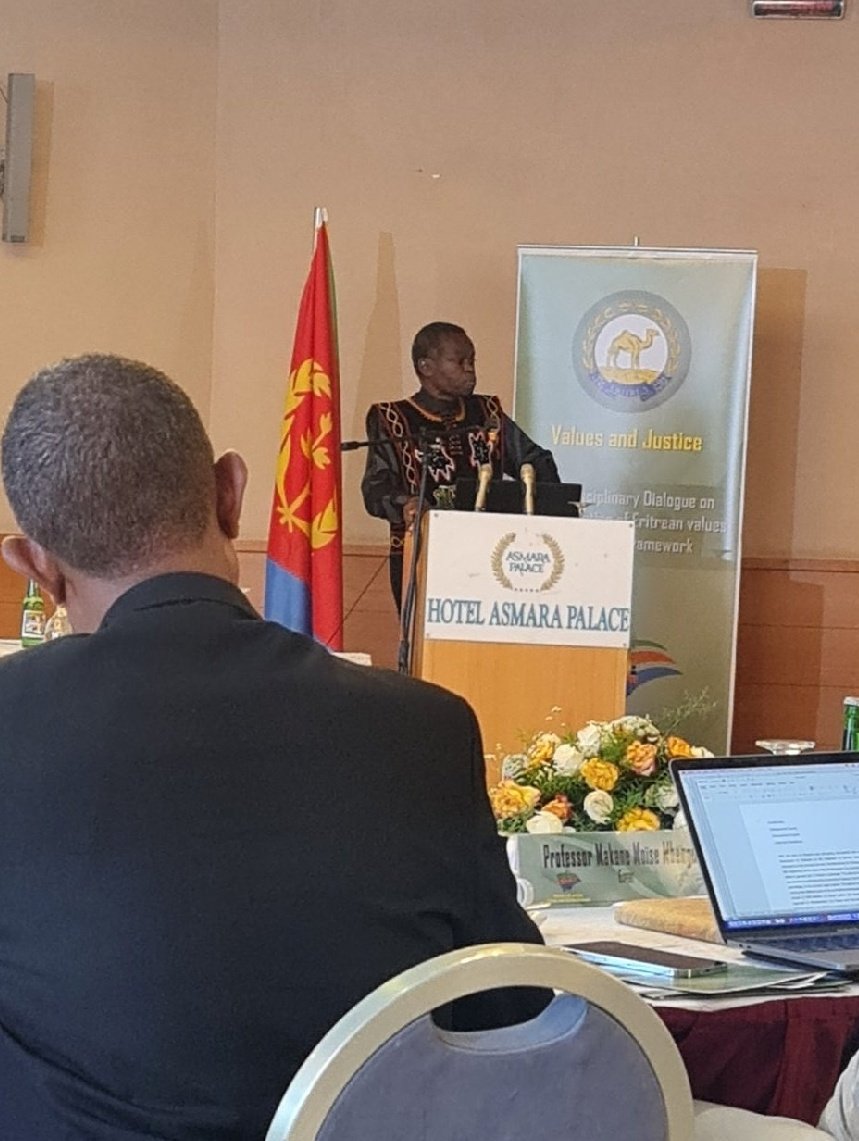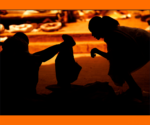It has been months or years since you left home and joined one of the liberation fronts for independence. Meanwhile your family has been searching for you and, if you are lucky, they will succeed in meeting you.
The trip was mostly complicated, especially for the visitors living in the non-liberated areas. Passing the military checkpoints was one of the challenges; one has to be creative and tell some stories: a relative is sick or dying and so on.
The visit of parents at your camp, mostly a mother or a father, is a huge occasion for celebration not just for you but for all your comrades. You exchange news: everybody is eager to know as much as possible about life in Asmara or other localities (depending where they come from.) You inquire about the spirit and moral support of the people, the prices of essentials at the marketplace, and personal issues such as whether they know the parents of qusto qusto (so-and-so) etc. You use them as a mobile post, to carry letters for relatives in written or oral form.
You go together to one of the enda shahi (tea houses) to eat and drink. Your relative pays for you, and then you get some money and/or clothes (T-shirt, pants), which you share with others. For those who were camped near Asmara, the fortunate side was that your family could visit but the risk of getting troubled by events of battle was high. I remember that my family heard I was wounded at one battle (fake news, they call it these days) which caused much trouble until my family found out that I was safe.
But not many had the opportunity of being visited. I think “F.” was never visited by family members, at least not as long as he was in the camp. The first time I saw him was in a group: he was watching soccer, an entertainment favored mainly by our male fighters. Soccer in the afternoon. He never played, I do not know if soccer interested him at all.
But he joined us, the fans, carrying a book under his arm. He wore a field jacket, a feature of most fighters. I assume he was between 22-23. I was told he deserted from the EPLF, but it was unclear whether he surrendered voluntarily or was forced to do so. He was different from the others in that
respect, viewed with skepticism because everyone is a potential spy until proven otherwise.
Anyway, I was secretly curious to get to know him better. An Asmarino who reads books can only be interesting. One day, as I was on the way back from a village festival, I met him on the dirt road. He had to take the same route, so he joined me. I remember the conversation while we were walking was very pleasant. We had to make a stop as it was getting dark and I took him to a place where I always stayed overnight. It served as an intermediate stop for me, a hut remote from the main street, inhabited by a nice poor young woman with children, presumably a single parent: I never saw a man in her hut. The only thing she could offer us was a place to sleep and a blanket, but no food. So we could now lie down at the front of her hut to sleep.
“F.” was somehow relaxed, he began to approach me and even tried to kiss. I refused, half-hearted, but did not let him kiss me. He called me “Indiani“, the first and last one who called me so. Typical Asmarino, he must have seen some Indian films before he left Asmara, maybe the only films at that time: I was too young to remember if otherwise. The Indian film I watched before leaving home was “Haati mere sathi“, the story and the song memorized forever, a romance with no kiss.
He was right: just as with the Indian romance films, I never see lovers kissing in Eritrean ‘films’; maybe we inherited it from the Indians.
No question he was charming, and I began to like him, this puzzling boy. Days or weeks later, we met at a teahouse, and we kissed in secret. The kiss, which must be done quickly before the owner or guests enter, is a stolen opportunity. He had a beautiful smile; we met again a few times at the same teahouse.
Weeks later I learned that he was in prison because he refused to shoot during a military attack by the EPLF, which was considered an act of sabotage. It was in the eighties, the time the civil war broke out between the ELF and the EPLF, the terrible months for thousands of fighters and the civilian population, with the result that, months later, our organization, the ELF, was defeated and expelled from Eritrea to Sudan.
He was released shortly after he was arrested and he told me in the teahouse that the indictment was dropped. The reason for not shooting was a technical problem he had with his gun. He looked relieved and confident. However, I was already biased and skeptical by the rumors, so I dissociated myself quickly from him. Presumably, I believed the official version of the story.
Months later, as I was on the way back to my camp (the same route I had once walked with him), I met a comrade who told me that “F.” was found guilty of sabotage and was executed in front of the group. I could not hide my shock. I asked where the execution took place and what he had said before he was shot. My comrade replied: “he said nothing, not a word.”
I don’t know the name of his father nor that of his mother, neither do I know where he lived in Asmara and if his parents were told how he died, if they know where he was buried.
Maybe I should go back to that place to put a rose and whisper: I still remember you. A red rose.





Leave A Reply